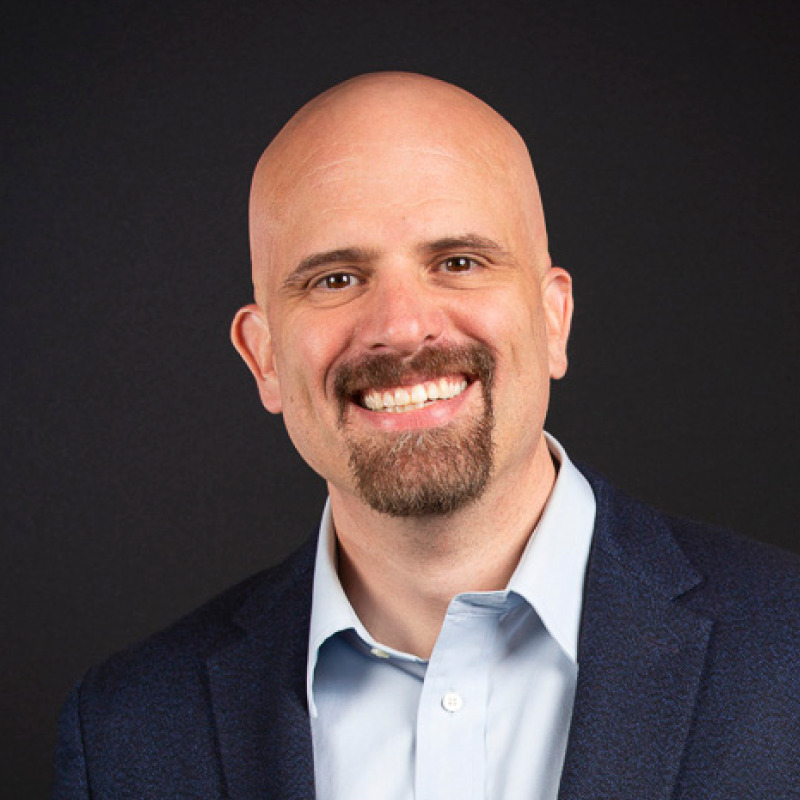As Commissioner Wheeler moves forward with his revised set-top box proposal, and on the eve of tomorrow’s senate FCC oversight hearing, we would do well to reflect on some insightful testimony regarding another of the Commission’s rulemakings from ten years ago:
We are living in a digital gold age and consumers… are the beneficiaries. Consumers have numerous choices for buying digital content and for buying devices on which to play that content. They have never had so much flexibility and so much opportunity.
* * *
As the content industry has ramped up on-line delivery of content, it has been testing a variety of protection measures that provide both security for the industry and flexibility for consumers.
So to answer the question, can content protection and technological innovation coexist? It is a resounding yes. Look at the robust market for on-line content distribution facilitated by the technologies and networks consumers love.
* * *
[T]he Federal Communications Commission should not become the Federal Computer Commission or the Federal Copyright Commission, and the marketplace, not the Government, is the best arbiter of what technologies succeed or fail.
That’s not the self-interested testimony of a studio or cable executive — that was Gigi Sohn, current counsel to Chairman Wheeler, speaking on behalf of Public Knowledge in 2006 before the House Energy and Commerce Committee against the FCC’s “broadcast flag” rules. Those rules, supported by a broad spectrum of rightsholders, required consumer electronics devices to respect programming conditions preventing the unauthorized transmission over the internet of digital broadcast television content.
Ms. Sohn and Public Knowledge won that fight in court, convincing the DC Circuit that Congress hadn’t given the FCC authority to impose the rules in the first place, and she successfully urged Congress not to give the FCC the authority to reinstate them.
Yet today, she and the Chairman seem to have forgotten her crucial insights from ten years ago. If the marketplace for video content was sufficiently innovative and competitive then, how can it possibly not be so now, with audiences having orders of magnitude more choices, both online and off? And if the FCC lacked authority to adopt copyright-related rules then, how does the FCC suddenly have that authority now, in the absence of any intervening congressional action?
With Section 106 of the Copyright Act, Congress granted copyright holders the exclusive rights to engage in or license the reproduction, distribution, and public performance of their works. The courts are the “backstop,” not the FCC (as Chairman Wheeler would have it), and section 629 of the Communications Act doesn’t say otherwise. All section 629 does is direct the FCC to promote a competitive market for devices to access pay-TV services from pay-TV providers. As we noted last week, it very simply doesn’t allow the FCC to interfere with the license arrangements that fill those devices, and, short of explicit congressional direction, the Commission is simply not empowered to interfere with the framework set forth in the Copyright Act.
Chairman Wheeler’s latest proposal has improved on his initial plan by, for example, moving toward an applications-based approach and away from the mandatory disaggregation of content. But it would still arrogate to the FCC the authority to stand up a licensing body for the distribution of content over pay-TV applications; set rules on the terms such licenses must, may, and may not include; and even allow the FCC itself to create terms or the entire license. Such rules would necessarily implicate the extent to which rightsholders are able to control the distribution of their content.
The specifics of the regulations may be different from 2006, but the point is the same: What the FCC could not do in 2006, it cannot do today.





